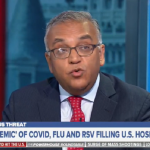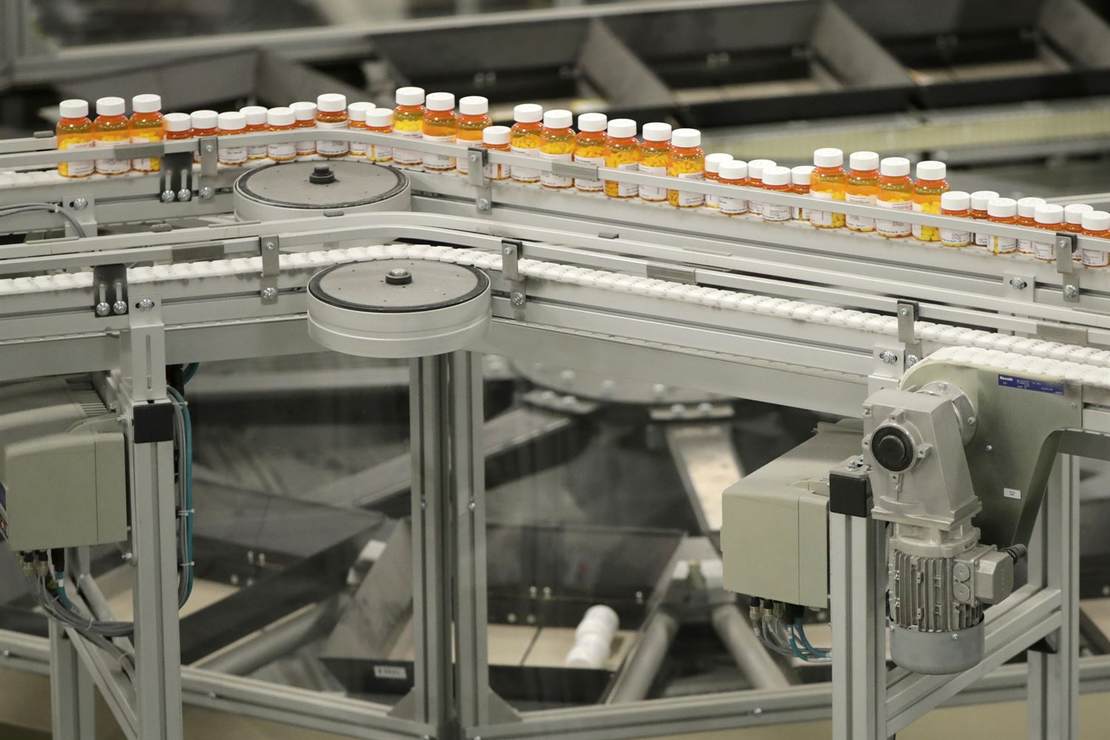![]()
A new covid vaccine booster has been released, and the authorities say we all should get it. But what evidence is there that the new vaccine is effective? A neurosurgeon with whom we have corresponded on covid matters writes:
I wanted to bring to your attention a new CDC/MMWR study regarding the updated “bivalent” boosters, released by the CDC on Tuesday:
https://www.cdc.gov/mmwr/volumes/71/wr/mm7148e1.htm#suggestedcitation
I think it would be of great interest to your readers, as a follow up to your Dr. Jha post.
This study is notable because it is the first “real world” study on the efficacy of bivalent boosters. Recall that this update was approved by the FDA and CDC with little real world data (relying only on its effect on mice and the antibody response of a few hundred people). Ironically, this study was also posted at almost the same time Dr. Jha was making his public comments: “We can prevent every COVID death in America if everyone gets their updated booster.”
This CDC study actually found very modest real-world protection against symptomatic infection. In fact, in almost all subgroups, the vaccine efficacy was less than 50% two months after the booster dose, when it should be at its peak effectiveness. For comparison, this efficacy is similar (at best) to the original monovalent booster it replaced, despite being specifically formulated and updated for the current Omicron strains. Even worse, the efficacy for older age groups (65+) is much lower, around 30%. So for the age group that may need the most protection it fares the least effective. And this is only after two months. If this bivalent booster wanes like its predecessor, it will trend even lower in the coming months.
The study did not look at more severe outcomes such as hospitalization and death. As that has been the main talking point of Dr. Jha’s “experts” — that the vaccine prevents severe outcomes rather than symptomatic illness or transmission — his comments are not exactly refuted by this study. But still, on a relative basis, the updated booster would be expected to do far better in preventing symptomatic infection if it is also going to prevent severe illness, hospitalization, or death.
Of course, the authors of this study provide guidance through “rose colored” glasses, stating this marginal result actually offers “significant additional protection” and that “[a]ll persons should stay up to date with recommended COVID-19 vaccines, including bivalent booster doses, if it has been ≥2 months since their last monovalent vaccine dose (1).” This is the only paragraph the media have picked up, neglecting the details.
This booster underwent expedited review by the FDA and CDC and gained near unanimous support in the FDA and CDC committees for approval despite no real-world effectiveness data. Consequently, it is being mandated by a number of universities and institutions that mistake their guidance for rigorous scientific review. We can only hope that the new GOP Congress will investigate the new FDA and CDC process, which have appeared to replace usual scientific rigor with selected “experts’ opinion.”.
I would only add that while, as our correspondent says, this study–the only real-world data relied on by CDC–can’t entirely refute the claim that the new booster provides significant benefit with regard to severe infection, it can’t support that claim either, since the issue wasn’t even addressed.


